University students reflect on Ukrainian invasion
March 29, 2022
Russia has commenced an all-out invasion of its neighboring Ukraine by land, air and sea following weeks of high-profile military build-up and exercises along Ukraine’s eastern border. The attack is the largest by one European State against another since World War II and confirms one of the international community’s worst fears.
With no diplomatic solution arising, the people of Ukraine have been faced with danger and uncertainty as the global West scrambles to quell the rapidly developing conflict. The proposed solutions and paths towards diplomacy vary, as do the implications for the different states that must coordinate a response, and prove the effectiveness of their alliance in the face of extreme and complex issues brought about by their adversaries.
The attacks began swiftly in the early hours of Thursday, Feb. 24, following Russian President Vladimir Putin’s televised address that he had approved a “special military operation” in the Russian-separatist controlled portions of Eastern Ukraine. Ukraine soon reported large segments of troops pouring across its borders into the Eastern regions, as well as landing by sea across coastal cities in the south.
Additionally, signaling a potentially broader international conflict, Russian troops attacked Ukraine from Belarus, as well as from Russia with Belarusian support, as Belarus is another nation that has collided with the West in recent months.
All of this comes on the heels of Putin’s escalating rhetoric and issue he has taken with the expansion of the 30-member North Atlantic Treaty Organization (NATO) into Eastern Europe; and the potential to include Ukraine some time in the coming years. Further, Putin also has a vested interest in curbing any example of a democratic future for Russia, with Ukraine’s independence and inclusion in NATO being a serious blow to this worldview.
NATO is a military alliance formed in 1949 which unites democracies across the Atlantic Ocean with the goal of ensuring peace and stability in Europe; with fear of the former Soviet Union’s massive militaristic might and its expanding control of Europe following World War II being key in the treaty’s formation. NATO’s most important tenet is the idea of “collective defense” codified in Article 5 of the Treaty. Collective defense means that every member state pledges to treat any attack against another as an attack against the alliance as a whole. Article 5 has only been invoked once by the United States, following the attacks on Sept. 11, 2001.
Jeremiah Williams, a junior at the University majoring in Political Science, who has been following the Russia-Ukraine conflict for some time through his work at the United Nations (UN), offered his thoughts on the encroachment of NATO towards Russia and the implications it has on Putin’s philosophy as a ruler:
“Vladimir Putin was brought through the ranks to his current position through a government and military track that allowed him to grow more autocratic and wrathful against his political opponents. The closer democracies get to Russia, the more the people of Russia begin to question the legitimacy of Putin’s nondemocratic rule over the country and begin threatening to replace or remove him from power.” Williams said.
“Putin has rewritten the Russian constitution, made moves to make his position more powerful and silenced those who began to question or legitimately oppose him. He wants to prove that autocracy and authoritarianism should prevail over democracy.”
In addition to pushing back against what Russia views as NATO encroaching on their sovereignty and with numerous member states already on the Russian border, Putin is applying pressure towards the alliance in another sense by calling into question their ability to formulate an effective response despite the varied ways in which the conflict affects them.
Among European states, many of whom rely heavily on Russian natural gas and oil, their own economic interests are tied into coercive actions against Russia. The most prominent issue through the debate on economic sanctions towards Russia has been the organization of global oil dependence.
While the U.S. has established trade partnerships with Canada and Mexico, which make up the majority of its energy imports, the European Union (EU) is a different story. The 27 Member States have constructed numerous pipelines in recent years to establish direct lines of supply and an increasing share of its imports, to the point where many states have and continue to signal hesitancy as sanctions have mounted.
While Nord Stream 2, one of the major points of contention at the advent of the invasion, has had its authorization curbed, such a reliance on Russian energy imports has alarmed global leaders and environmental advocates alike, as non-renewables have become a focal point in a massive geopolitical conflict with serious humanitarian implications.
The United States has taken a far bolder position than its EU allies by prohibiting all Russian oil imports, but the current state of a nonrenewable dependency across the globe has complicated the global West’s response immensely.
In addition to targeting the Russian energy sector, many countries have enacted sanctions on Russia’s financial institutions through curtailing foreign direct investment, freezing international assets and disconnecting Russia from the international banking system by removing them from the Society for Worldwide Interbank Financial Telecommunication (SWIFT), a Belgian service which executes financial transactions and payments between national banks.
While the actions of global powers remain monitored throughout the conflict’s development, the people of Ukraine bear the cost of indecision, with the conflict offering little but danger and uncertainty. However, the resilience of the Ukrainian people has been proven before, and this conflict only emboldens this sense.
Olenka Besaga, a senior at the University majoring in Political Science has many friends and family in Ukraine and offered her thoughts:
“I have never been this extremely proud to be Ukrainian, and I can speak for every Ukrainian in the world. We all have been so stressed, not sleeping, trying to contact our families, and constantly worrying.”
Besaga continued, “It is so heartbreaking to see the Ukrainian people and my country suffer and have to go through such pain…we will never surrender, we will fight until the end… The Ukrainian citizens are fighting with their hearts and souls, and I think that is so beautiful and empowering.”
Growing up as a Ukrainian-American, Besaga reflected on an expression she and her community uses when exchanging with one another, saying, “Slava Ukraini!” or “Glory to Ukraine!” with the response being, “Heroyam Slava!” or “Glory to the Heroes!,” exemplifying the spirit of strength which outlines their history and identity.
If any University students are interested in what they can do to help, Besaga asked to keep on the lookout for donation boxes around One Pace Plaza; welcoming gloves, hats, bandages, heating pads, medicine and more to help. Additionally, the people of Ukraine have had to take up arms against their aggressors, and there are shortages in protective equipment to effectively do so.
Besaga also recommended following @razom.for.ukraine on Instagram or checking out razomforukraine.org to see what you can do to help. Lastly, joining peaceful demonstrations around the city is a great way to show solidarity with Ukrainians amongst the University, the New York City community and around the globe.
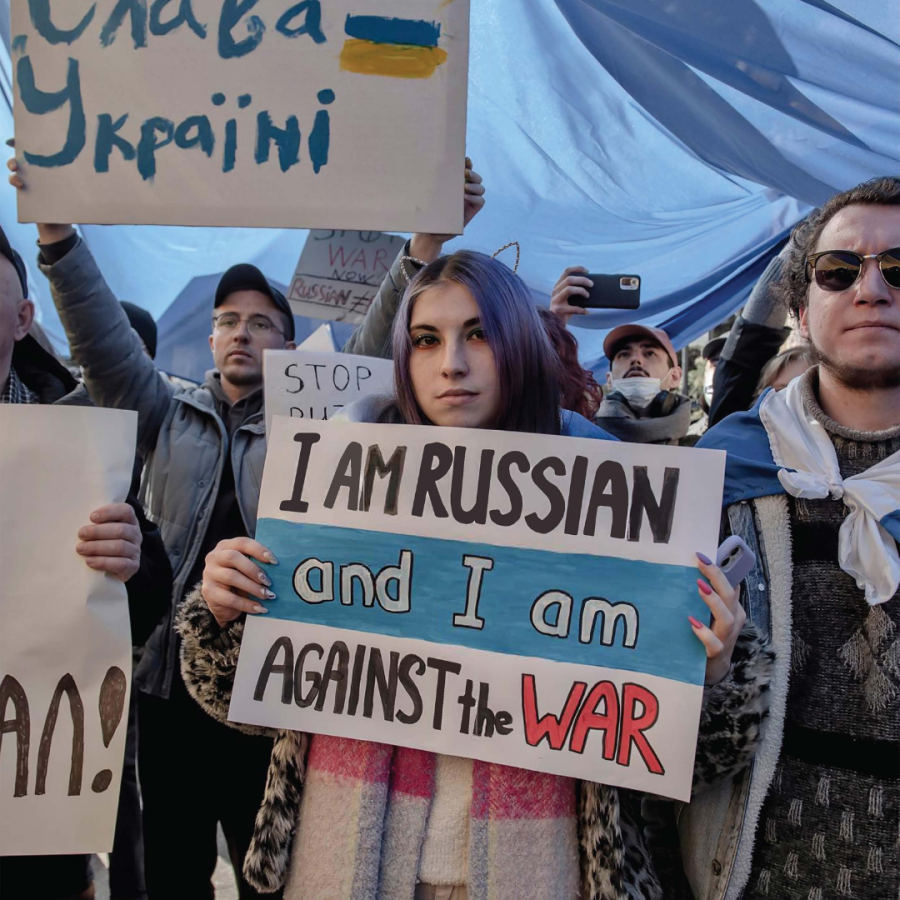


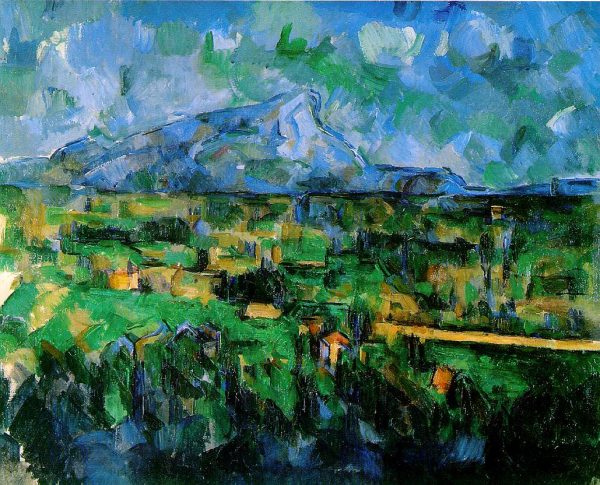
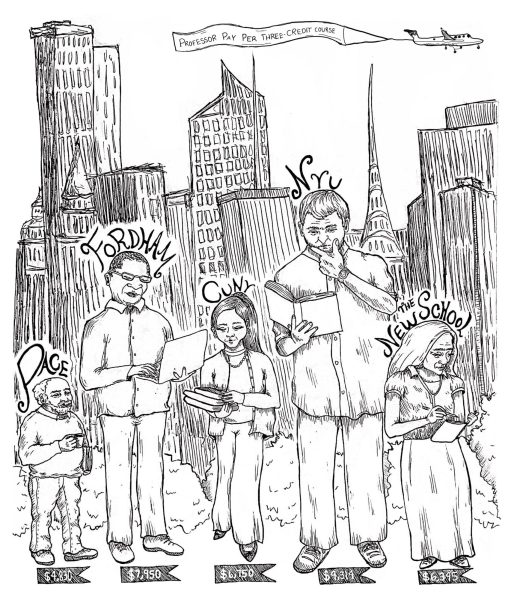







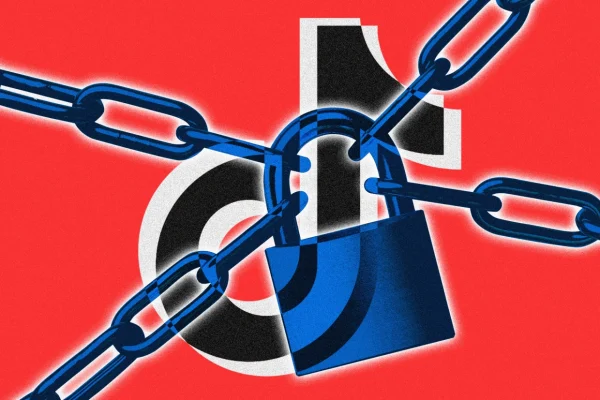
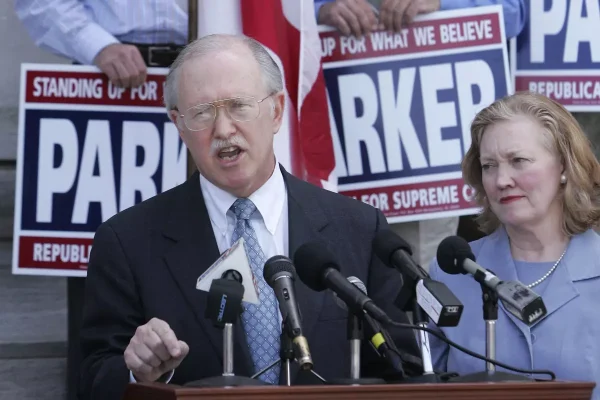
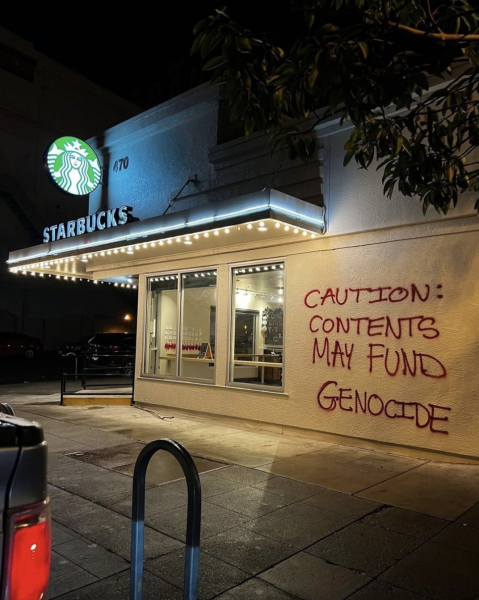

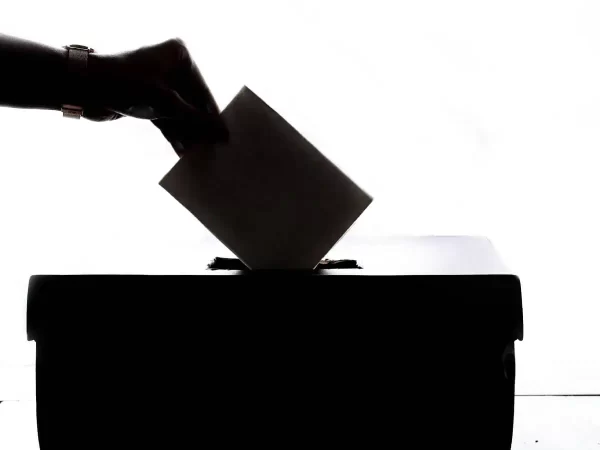
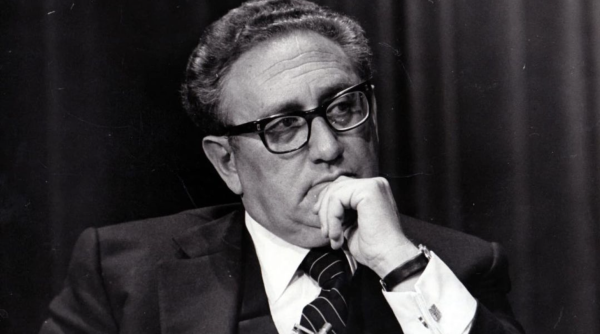
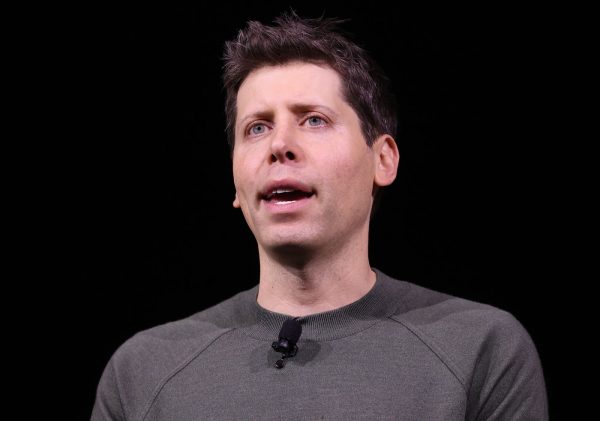
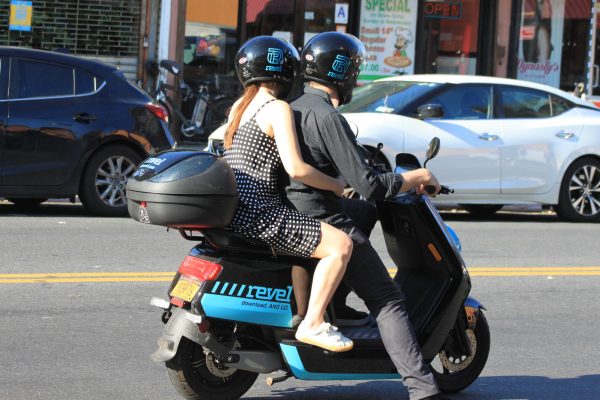
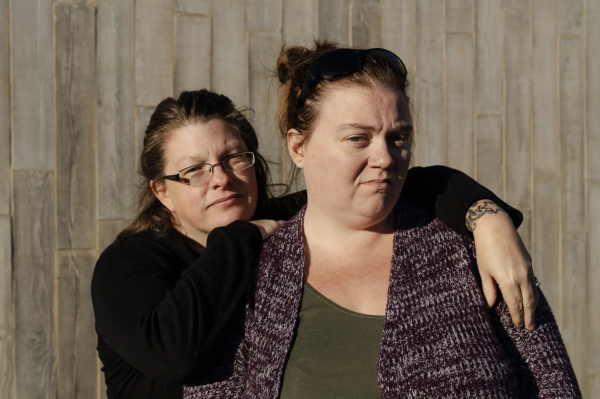
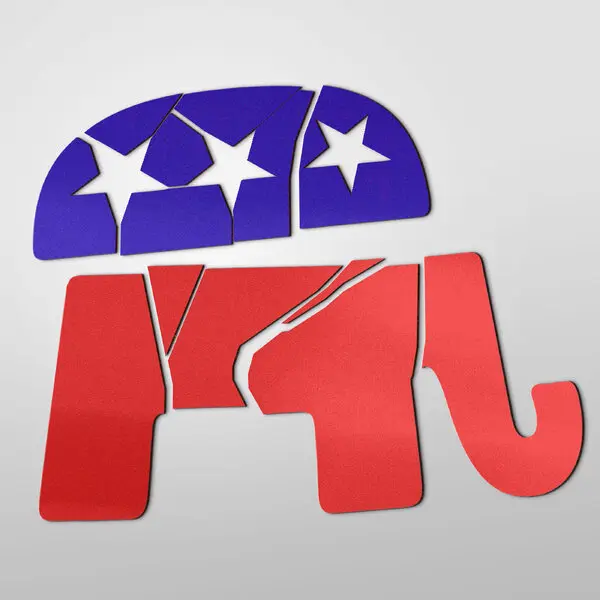
Kathleen McGlinchy • Mar 29, 2022 at 2:24 pm
Great article